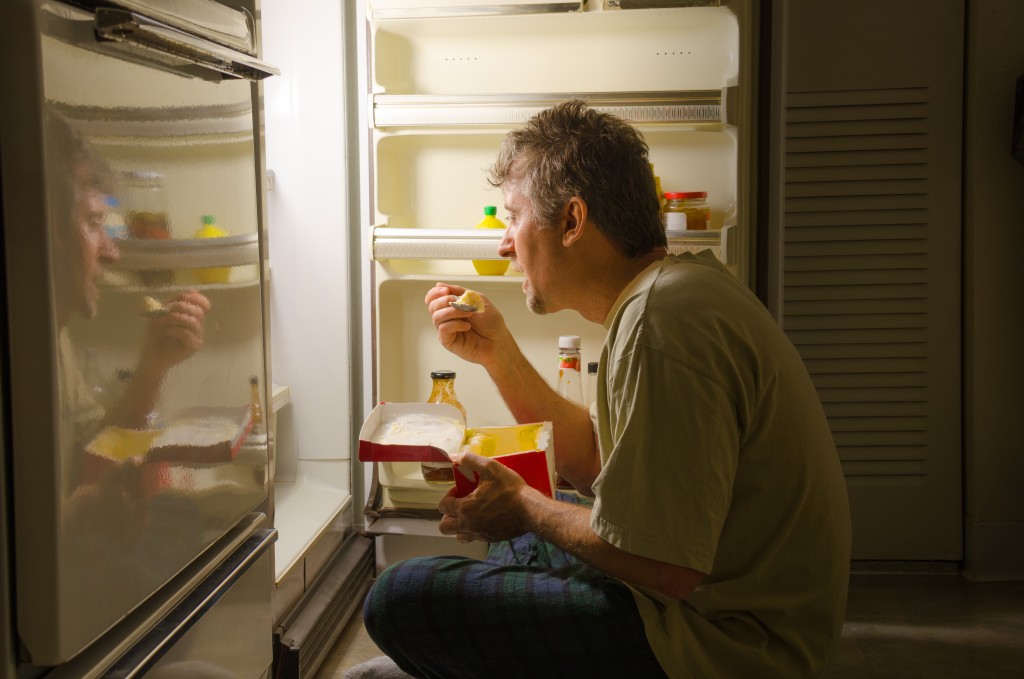Finding out someone you love has an eating disorder can be difficult. You want to help them with their journey to recover, but you’re afraid you might say the wrong thing or do something upsetting. Sometimes, you might even be met with reluctance or denial when mentioning the subject. It’s vital, however, to not let these challenges stop you from offering your love and encouragement to your loved one in their time of need. Here are five helpful phrases to keep in mind.
“We can get help together.”
Asking professional support for bulimia, anorexia, and other eating disorders will improve your loved one’s chances of recovery. Eating disorders are medical conditions shown through disordered eating practices and are not a lifestyle choice. Having access to the right care consistent with medical guidelines are critical to your loved one’s successful treatment. A professional can assess their symptoms, screen existing medical problems, and provide an accurate diagnosis and treatment plan. Your loved one will need all the support they can get from their friends and family to take their first step in dealing with their eating disorder.
“I’m here for you.”
Knowing you have someone to talk to without judgment is a breath of fresh air from all the negative thoughts and feelings your loved one is experiencing with their eating disorder. Conversing about their experiences and realizations can help them organize their thoughts and make them less scary. Let your friend or family member know that they’re being heard even if you don’t understand. Send a loving text to cheer and motivate them in their path to recovery. Make it clear you care and believe in their strength, and that you’ll be there no matter what happens.

“I love and respect you.”
Someone in recovery might feel no one loves and cares about them, leading to feelings of loneliness and sadness. Hearing words of affirmation and encouragement from someone they love and trust goes a long way in combating their self-damaging beliefs. Remind your loved one their reason to get better – meaningful relationships, energy for activities, or a positive outlook. Helping them reconnect with their goal can give them the drive to focus on long-term recovery and not the instant gratification their eating disorder might give them.
“Let’s watch a movie next week.”
Everyone needs a break once in a while. Inviting your loved one to activities and hobbies they enjoy can make them feel normal again. Watch a comedy to laugh your hearts out or a romance to swoon at the love of the main couple. The simple act of having company while engaging in a hobby can help them think beyond their eating disorder and have fun. It is an effective way to give support in their experience with bulimia, anorexia, and other eating disorders.
“You’re more than your eating disorder.”
Your loved one’s identity might have revolved around their eating disorder – treating themselves as just the anorexic, the binge eater, or the bulimic. They need you to remind them they are beyond their eating disorder. They are a beautiful, talented, and a remarkable human being the world still needs. Reassure and nurture the person beyond their eating disorder.
Recovering from an eating disorder has no quick fixes or shortcuts. It takes time, kindness, and patience both from the person and their family and friends. Encourage whenever possible and stay positive through the challenges.

